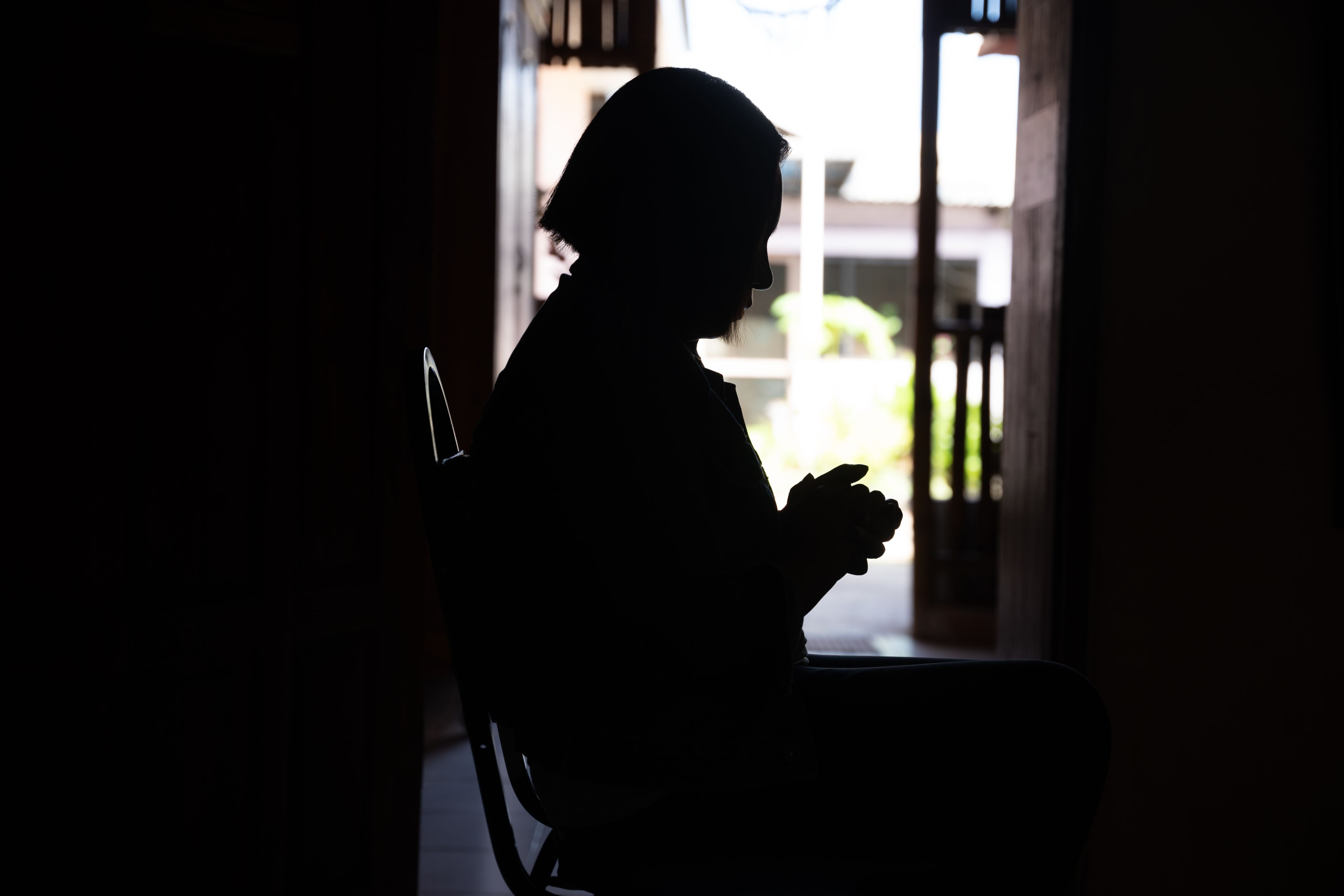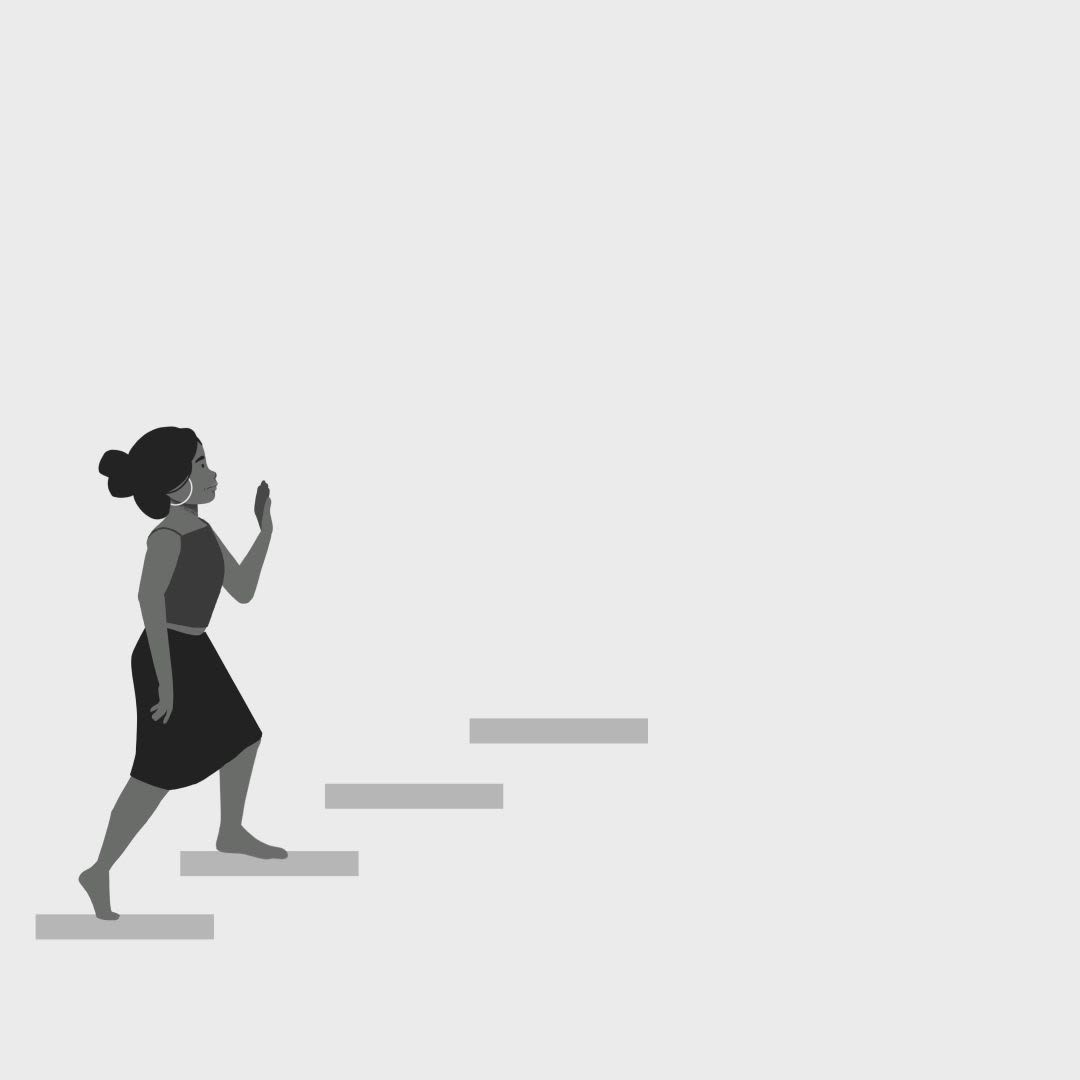THE ASSAULT OF
AUSTERITY
How prevailing economic policy choices are a form of gender-based violence

Austerity measures and their gendered harms are a form of gender-based violence.
Governments around the world are putting women and girls in danger of unprecedented new levels of poverty, peril, overwork and premature death as a result of near-universal “slash-and-burn" efforts to recover their economies from the pandemic.

AUSTERITY MEASURES HURT WOMEN AND GIRLS FIRST AND MOST

Four out of every five governments are now locked into austerity measures from 2022-23 onwards, cutting public services like health, education and social protection rather than pursuing wealth and windfall taxes.
More than half of these governments already fail women and girls, by failing or barely providing gendered benefits. In the process they are treating women and girls as expendable.

While women and girls continue to suffer, governments priorities are clearly elsewhere: 2% of what governments spend on military is enough to end gender-based violence in 132 countries.

It doesn’t need to be this way –we know what needs to be done:
END AUSTERITY NOW!
And implement people-centred, feminist alternatives:
• Tax the rich, and use feminist budgeting –putting women and non-binary people at the heart of policy-making!
• Invest in public goods, services and infrastructure, and challenge privatization!
• Support and fund feminist representation and organization to shift power!

Governments are choosing to cut their budgets and hurt the majority –but there are obvious, feminist economic alternatives, like progressive taxation, that can raise more.
A progressive wealth tax on the world's worlds millionaires and billionaires can raise almost $1 trillion more than governments are planning to save through cuts in 2023

Stories around the world of the Assault of austerity
1) Lebanon: How the government failed to subsidize menstrual hygiene products, leaving hundreds of thousands unable to afford them
2) Palestine: women's organisations beating the odds to offer support
Ribhiyyah, who is better known in her community as Umm Sharar, a self-proclaimed feminist and women’s rights activist, runs a small community centre providing essential services to women including literacy, education, and training. Having set up her centre in 1998, the centre’s goal is to support women in her community. The centre started out with fifteen members only, slowly defying a multitude of challenges, like access to gas and electricity, asher village of Tammoun, in the area of Tubas, was still using fire to cook and bake. In the end, 500 women joined.
Umm Sharar decided that change could only come through financial independence and through community work. “When I started out the whole town revolted against me but I didn’t let them stop me”. She went on to expand her base of fifteen members into five hundred women. “It wasn’t easy but in a way it was simple” she elaborates, “I rewarded women with food baskets for their work. When the men saw their wives coming home with goods for the household they started begging me to sign wives up into the organisation”.
Cooking wasn’t the only thing women participated in at the centre, the centre provided several courses such as reading, psychological support, sewing courses, and cosmetics. Over the years Umm Sharar’s raised awareness amongst the female community with regards to their rights; “in many of the workshops we taught women about their legal rights both before and after getting married. This was a huge step forward in empowering women”.
But Umm Sharar’s work was put to a halt when the pandemic hit, and many organisations stopped their support and funding. “The past two years have been extremely difficult, the covid pandemic hit us hard alongside the expansion of settlements, the occupation, an increase in checkpoints–it destroyed all our hard work”.
Moving around is also a source of concern for most women in the community. Leaving their villages comes at a great risk as there’s an increase in Israeli settler attacks against Palestinians; “It’s become hard for me to take women to attend workshops in places like Ramallah. They’re scared of settlers, who throw stones at our busesand attack them. The women are now scared and isolated”.
In Umm Sharar’s eyes, there’s a story of a woman who is now reaching her sixties to see all that she had built over the years come to a standstill.“I call upon all organisations to return to work in our areas and to relaunch the workshops, otherwise, we will end up being a people labeled as mentally ill, with abused women who don’t know their rights” she explains. Her eyes water as she calmly adds “A woman is the spine of the house, she is the one who supports the family, if she isn’t supported, a home will cease to exist”.
Photo credits: Samar Hazboun



Tubas story
Abeer takes a cup of coffee as she sits in her home in the village of Al-Hadidiyah in the Jordan Valley.
Photo credits: Samar Hazboun

Tubas story
A view from the window of the room where women's workshops used to take place in the village of Al-Hadidiyah in the Jordan Valley. Following the pandemic women's gathering were put on hold and women no longer enjoyed any activities in their free time.
Photo credits: Samar Hazboun

Tubas story
Iman enters the village council to meet the Sheikh Abu Sakr in the village of Aatof in the Jordan Valley. Through Imans persistence, she managed to convince the Sheik to persuade other men in the community to allow the women to take part in the workshops.
Photo credits: Samar Hazboun

3) Syria: From surrender to fighter, how Syrian women are surviving the economic hardship
To many, Majdah might be an ordinary character but to her family and those closest to her, she’s definitely an icon. Behind her sharp features, a shy being is locked up and under her cloak, she tries to hide what she once thought was the cause of her life's ruin -a lower prosthetic limb. Majdah lost a leg eight years ago when a mortar hit her neighborhood. Back then, she was a newlywed, and despite the war she was full of dreams of a happy life, a warm home, and a family, but all of a sudden, her world had turned upside down.
“I lost more than a leg -I lost my entire future. That's all I could think of at the time. My husband left me right after the accident. I guess it was hard for him to stay with a handicapped wife,” she said with a chuckle. “When I found out my marriage was over, I thought my life was over too. He divorced me and I returned to my parents' home. I came back broken and defeated. My family has told me you will get over him in a matter of a few months, but the months have stretched into years.”While saying that, Majdah closed her eyes tightly in a vain attempt to hold back her tears.
With a deep sigh, she tried to bring back memories of those last years and with a nervous voice, she said “there were times when we couldn't find a single piece of bread in our house to eat. Subsidized food they get every three months barely kept them going for three weeks. So, we had to remove some items from our diet. Meat and fruit were no longer an option for us very simply, we afforded to buy less of what we really needed to survive.”
Facing those dire circumstances, Majdah had to do something. She could no longer sit idle, and with such a hardship, her story began to take a different turn. “I finally managed to get a lower prosthetic limb, offered to me by a charity in my town. Then I started thinking what am I good at? and from where can I start?
Cooking was the answer to all her questions. After several tries, she managed to find a women-led initiative where a group of women established a kitchen to make food and sell it to private companies. She joined the initiative where she found a new family and created a new circle of trust as she explained.
She told us how this initiative has changed her life and helped her be a stronger person who can deal with a tough situation whatever it may be “Earning money out of cooking and being able to buy some of our needs is just a joy.”Majdahsays.
Majdah didn’t only become a cook but she finally found her recipe for change.


Oxfam’s new report shows that women are disproportionately impacted by cuts to services, social protection and infrastructure twice over–firstly directly, through rising of prices or loss of jobs, and then indirectly, because they are made society’s ‘shock absorbers’ and expected to survive and take care of everyone when the state steps back.
Evidence from around the world shows the disproportionate impact on women and girls.

